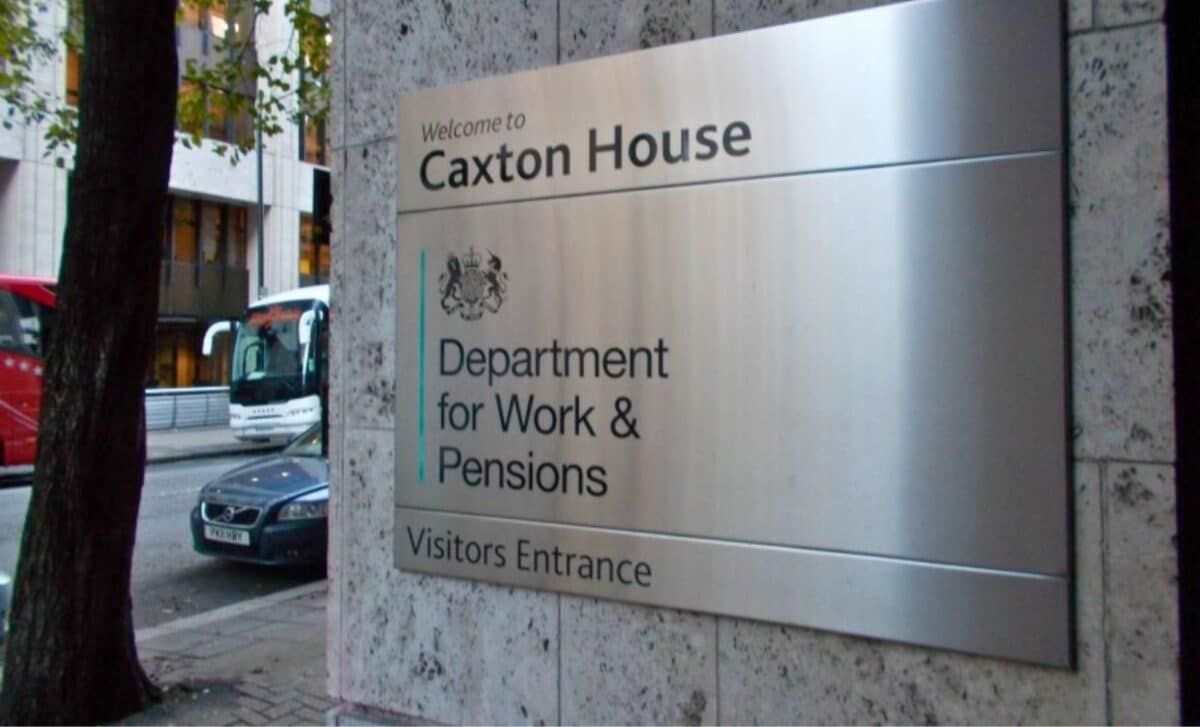The Department for Work and Pensions (DWP) has confirmed changes to State Pension payment rates, which will take effect in April 2024. This announcement comes as part of the government’s annual pension review, aimed at adjusting payments to reflect inflation and ensure retirees maintain their purchasing power in an ever-changing economic climate.
The increases apply to both the New State Pension and the Basic State Pension, offering much-needed financial relief to millions of retirees across the UK. For many pensioners, these payments are a critical source of income, helping to cover essentials such as housing, food, and utilities. The adjustments reflect the government’s commitment to supporting retirees, especially as cost-of-living pressures continue to impact households nationwide.
New State Pension Rates for 2025/26
The New State Pension, introduced for people who reached State Pension age on or after April 6, 2016, will see a weekly increase of £9.05. This brings the payment from £221.20 to £230.25 per week. For pensioners who receive their payments every four weeks, this amounts to £921 per payment cycle, up from £884.80.
On an annual basis, recipients of the full New State Pension will receive £11,973 in 2025/26, an increase of £473.60 compared to the current year’s total of £11,502.
It’s important to note that not all pensioners receive the full New State Pension amount. Eligibility depends on the individual’s National Insurance Contributions (NICs) throughout their working life. This means some retirees may see smaller increases based on their personal contribution history.
Full New State Pension Breakdown
| Payment Period | 2024/25 Rate | 2025/26 Rate | Increase |
|---|---|---|---|
| Weekly | £221.20 | £230.25 | £9.05 |
| Four-weekly | £884.80 | £921 | £36.20 |
| Annual | £11,502 | £11,973 | £473.60 |
Basic State Pension Rates for 2025/26
The Basic State Pension, applicable to individuals who retired before April 6, 2016, will also see a significant uplift. Weekly payments will rise by £6.95, moving from £169.50 to £176.45. Over a four-week period, this amounts to £705.80 per payment cycle, up from £678.
For the full financial year, Basic State Pension recipients will receive £9,175.40, an increase of £361.40 from the previous year’s total of £8,814.
While the Basic State Pension amount is generally lower than the New State Pension, the increase still provides crucial support for older retirees relying heavily on this income.
Full Basic State Pension Breakdown
| Payment Period | 2024/25 Rate | 2025/26 Rate | Increase |
|---|---|---|---|
| Weekly | £169.50 | £176.45 | £6.95 |
| Four-weekly | £678 | £705.80 | £27.80 |
| Annual | £8,814 | £9,175.40 | £361.40 |
Future State Pension Increases: What’s Next?
The UK government has confirmed that the Triple Lock—a mechanism that ensures State Pension increases by the highest of inflation, average earnings growth, or 2.5%—will remain in place for the foreseeable future. This policy has been instrumental in protecting the value of pensions against rising living costs.
Looking ahead, here are the projected annual increases based on current forecasts:
- 2025/26: 4.1% (confirmed)
- 2026/27: 2.5%
- 2027/28: 2.5%
- 2028/29: 2.5%
- 2029/30: 2.5%
The confirmed 4.1% increase for 2025/26 exceeds initial predictions of 4%, reflecting the government’s ongoing efforts to support retirees amid economic uncertainty.
Additional Benefits and Deferred Rates
The DWP has also announced adjustments to other aspects of the State Pension, including deferred rates, which will rise by 1.7% in line with the September Consumer Price Index (CPI) inflation rate. Pensioners who choose to defer their State Pension claims to a later date may see higher payments as a result.
For a full list of State Pension and benefit uprated payments, visit the DWP’s official website. The updated rates include supplementary benefits for those with specific circumstances, such as widowed pensioners or those eligible for pension credit.
Maximizing Your Pension Income
As these changes take effect, retirees should review their State Pension entitlement to ensure they are receiving the correct amount. Those with incomplete National Insurance records may still have the opportunity to top up their contributions and increase their payments. Additionally, exploring pension credit and other benefits can provide further financial support.
By staying informed about payment schedules, annual increases, and eligibility criteria, pensioners can better plan their finances and make the most of their retirement years.









